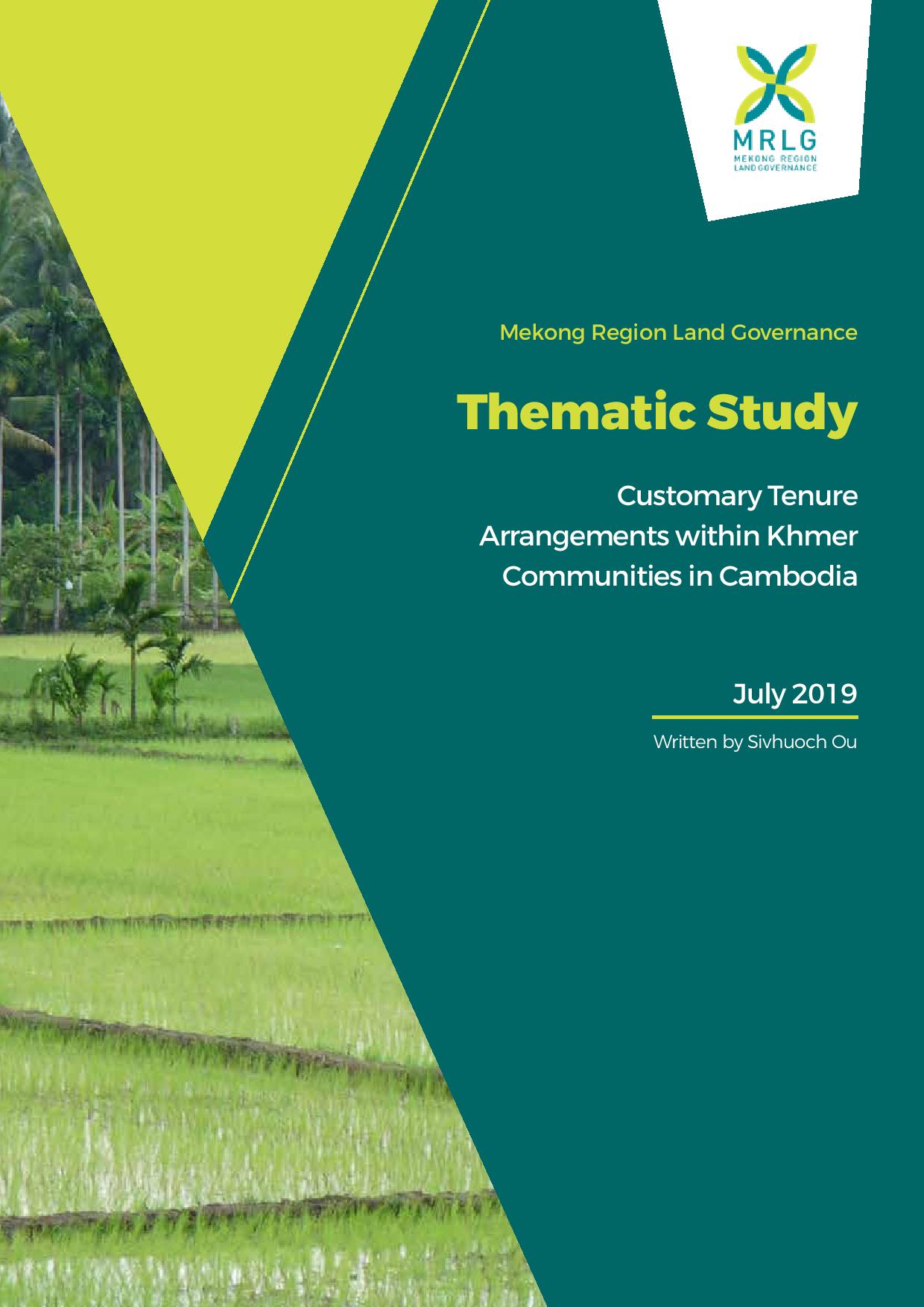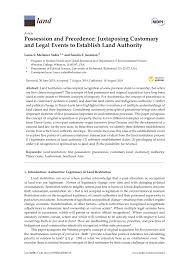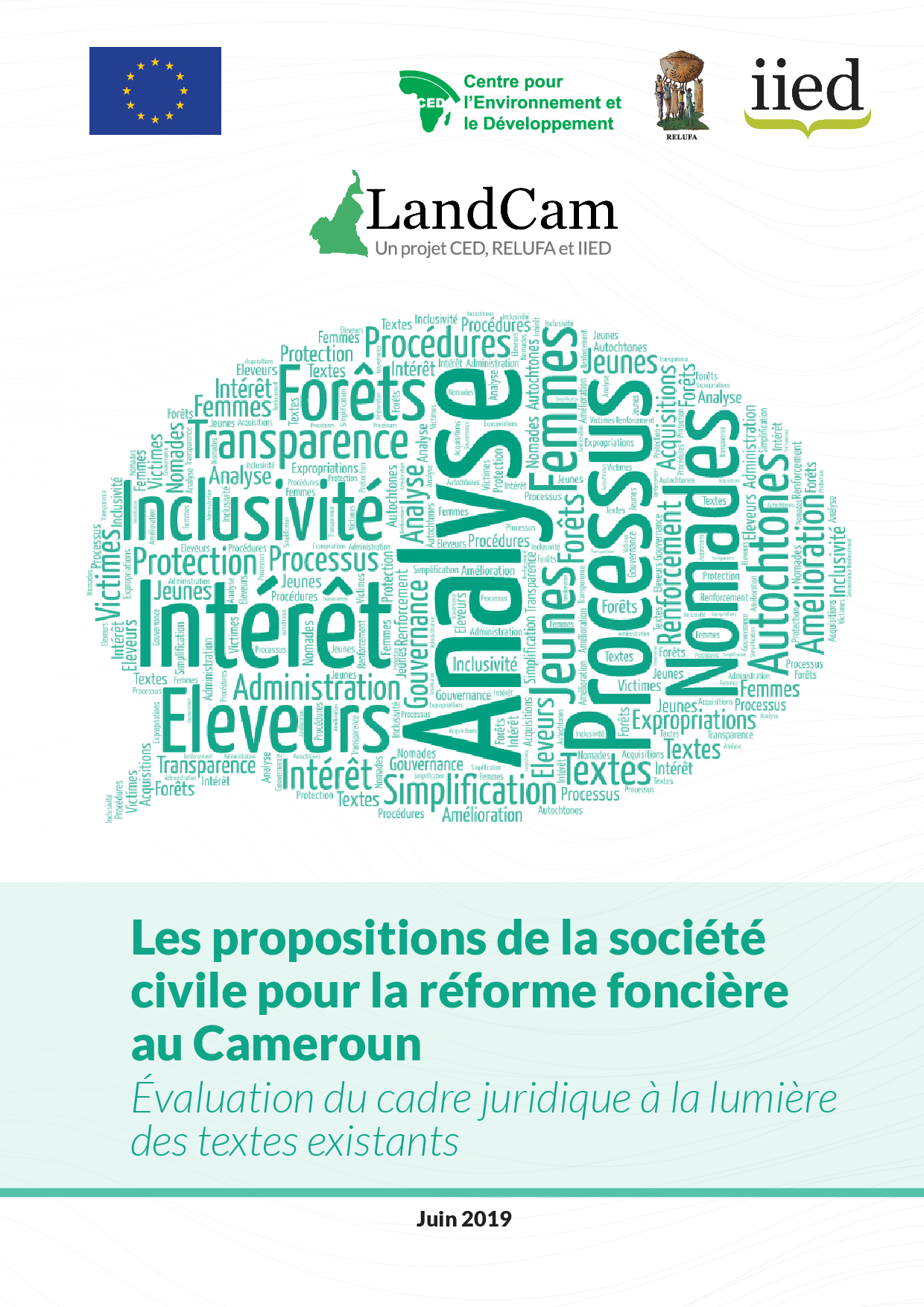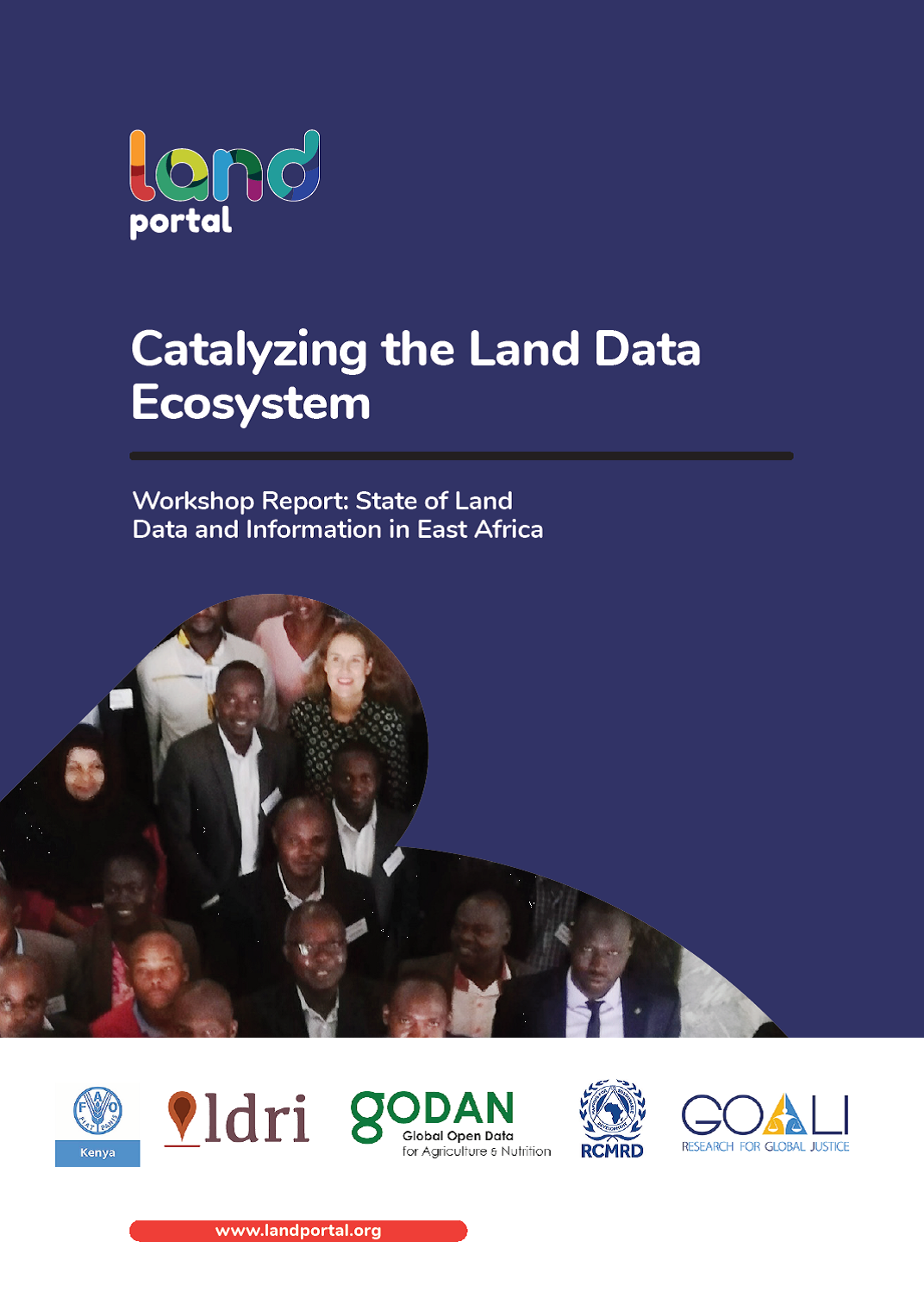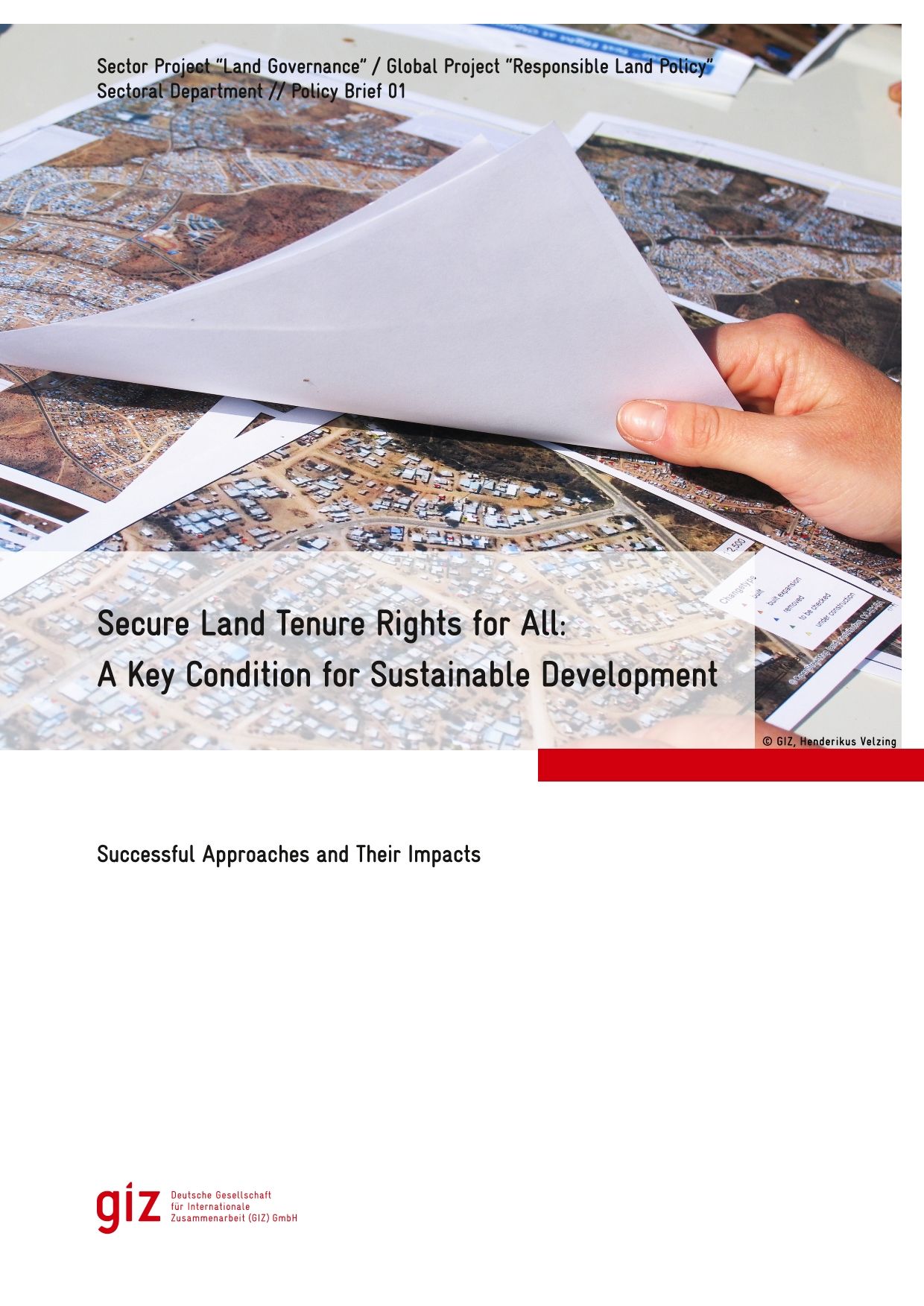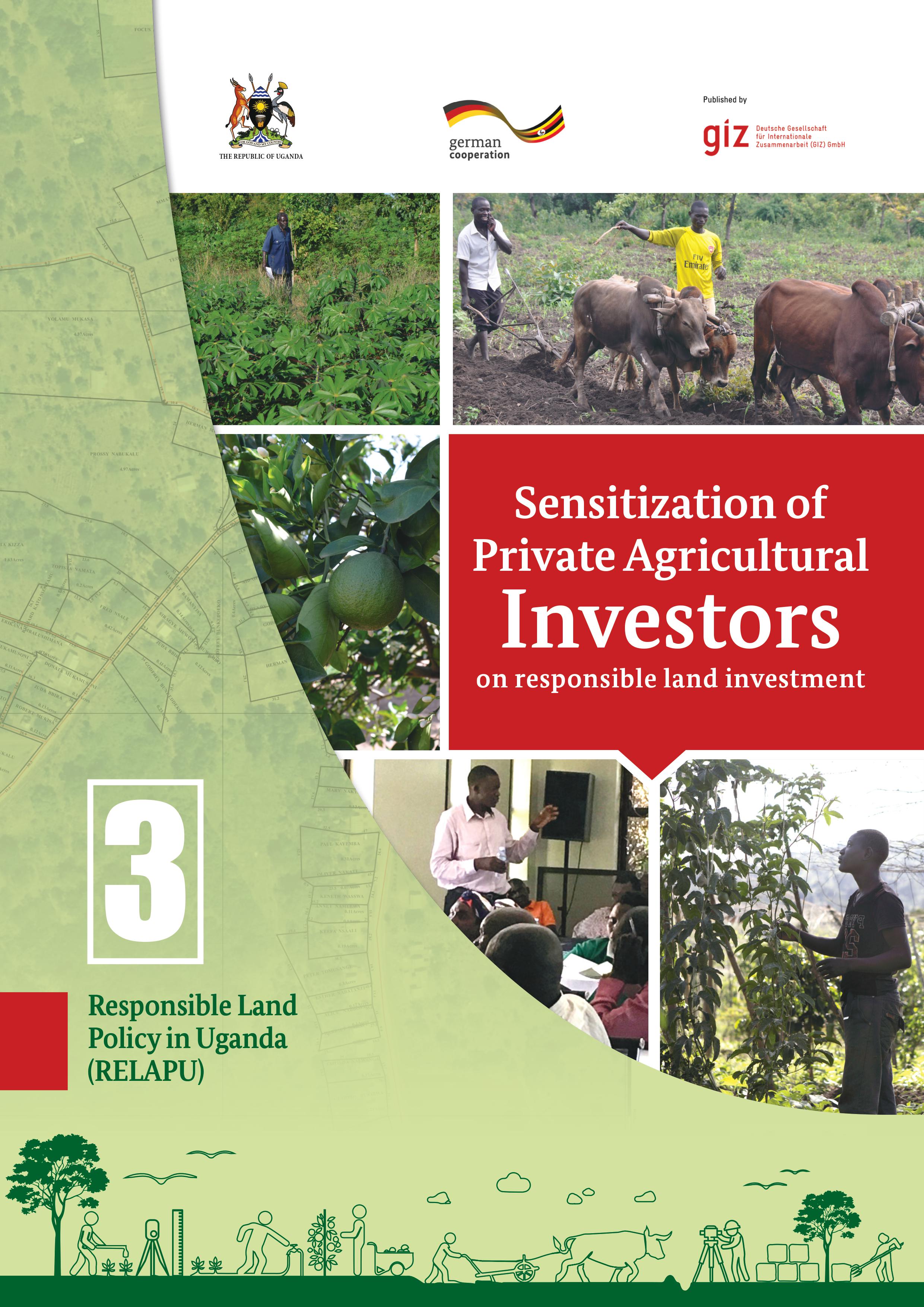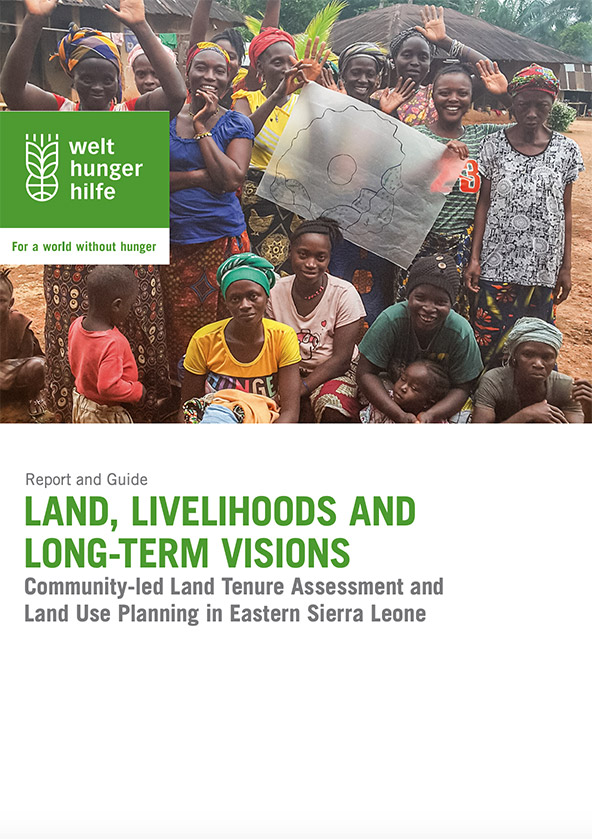Customary Tenure Arrangements within Khmer Communities in Cambodia
A common misconception about CT systems in Cambodia is that it is confined to indigenous communities in the peripheral uplands of Cambodia and does not exist in their Khmer counterparts. In response, this research compares related studies on customary tenure in Khmer communities, and describes the evolution of customary tenure within them, the different categories of potential resources governed under customary tenure, and the governance regimes of those resources. It then proposes three practical cases/communities for further field-based documentation.

